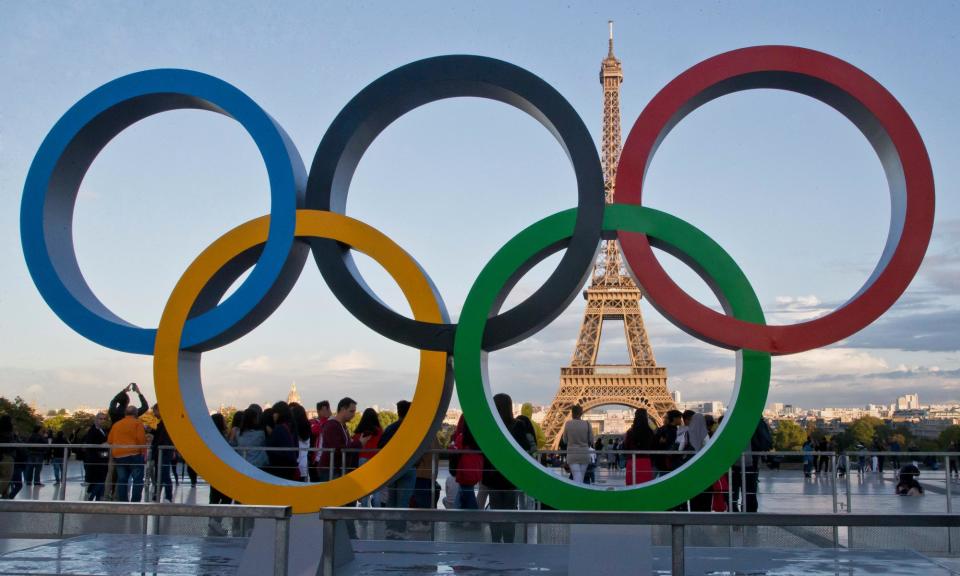IOC urged to help overturn French headscarves ban at Olympics

Human rights groups have called on the International Olympic Committee to help overturn a ban on French athletes wearing headscarves, arguing that the prohibition had left many Muslim athletes being “invisibilised, excluded and humiliated”.
The call, outlined in a letter published by organisations including Amnesty International and Human Rights Watch, comes less than two months before the Olympics and Paralympics are set to begin in Paris.
The issue of athletes and headscarves at the Olympics, however, has long rumbled in the background in the lead-up to the Games. Last September, France’s minister for sport highlighted the government’s commitment to secularism to explain that athletes representing France would be barred from displaying religious symbols, including headscarves, during sporting events.
The UN criticised the ban, saying that women should not be forced to abide by dress codes, while the IOC was swift to say that France’s restrictions would not apply to athletes from other countries.
In a letter sent late last month to the IOC and published on Tuesday, 11 sports and human rights organisations called on the Olympic committee to challenge a ban that it said had excluded French athletes from sports ranging from football to badminton, including at youth and amateur levels.
“The hijab bans in sports have resulted in many Muslim athletes being discriminated against, invisibilised, excluded and humiliated, causing trauma and social isolation – some have left or are considering leaving the country to seek playing opportunities elsewhere,” the letter notes.
Among those who backed the letter was the French basketball player Hélène Ba, the co-founder of Basket pour Toutes, or Basketball for All. “Shouldn’t the French team represent the whole society in its diversity?” she told reporters, describing the bans as a “clear violation of the Olympic charter” as well as an infringement of fundamental rights and freedoms.
“It reinforces gender and racial stereotypes, and it feeds the anti-Muslim hate that already pervades part of French society.”
Diaba Konaté, a guard for the University of California at Irvine, who recently won the Big West conference defensive player of the year, said the ban on headscarves had prevented her from playing for France after a stint with the country’s under-18 basketball team.
“Despite my desire and skills, I’m not actually allowed to play for France because of discriminatory policies that prohibit athletes like me. It’s very frustrating,” said Konaté. “As a Muslim woman who chooses to wear the hijab, I can’t fully express my faith and pursue my athletic aspiration.”
The letter says the bans were “particularly concerning” given the IOC’s efforts to bill the Paris Games as the first-ever “gender equal Olympics”, over its efforts to feature an equal number of male and female athletes.
“Therefore, we call on the IOC, as leader of the Olympic movement, to use your considerable leverage in advance of Paris 2024 to publicly call on French sporting authorities to overturn all bans on athletes wearing the hijab in France – at all levels of sport.”
It adds: “This important step would ensure the Olympics and Paralympics leave a true legacy towards gender equality in France by ensuring all women and girls can have their right to non-discrimination respected and protected, and their right to participate in sports guaranteed.”

